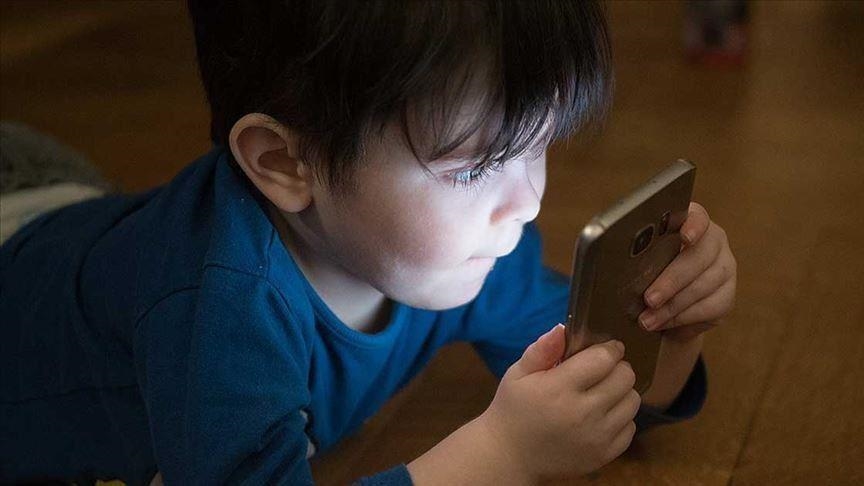Australia Takes Bold Stand Against Social Media for Minors: Unanimous Agreement on New Age Restrictions to Shield Children Under 16

In a landmark decision aimed at safeguarding the mental and physical well-being of children, Australia’s eight states and territories have collectively endorsed a federal plan to impose a strict age limit on social media use. This new policy, agreed upon in a virtual meeting chaired by Prime Minister Anthony Albanese, would prohibit children under the age of 16 from creating or maintaining social media accounts on major platforms, including X (formerly Twitter), TikTok, Instagram, and Facebook. The historic agreement marks Australia as a pioneer in establishing one of the world’s highest age thresholds for social media use, with no parental consent exceptions.

Prime Minister’s Appeal to Protect Children’s Health
In his announcement, Prime Minister Albanese highlighted the urgency of addressing what he termed a “social harm” brought by social media on young Australians. Emphasizing the mental and emotional strain imposed on minors through excessive online exposure, he remarked, “Social media is doing social harm to our young Australians, and I am calling time on it. The safety and mental health of our young people has to be a priority.” Albanese’s impassioned stance, echoed by provincial leaders, underscores the government’s commitment to prioritize child safety in an era of escalating online exposure.
An Age-Old Debate: 14 or 16?
While the Australian states reached a unanimous agreement, there were varying opinions during deliberations on the appropriate minimum age limit. Most regions advocated for 16, while Tasmania pushed for a slightly younger limit of 14. After extensive discussions and consideration of public health studies, the unified age restriction was set at 16, marking a sweeping new standard in social media regulation that may serve as a model globally.
“We believe these laws will make a real positive difference,” Albanese stated, explaining that adolescence is a time of emotional development and increased sensitivity to external pressures. He further illustrated the impact on teens, noting, “If you’re a 14-year-old kid getting this stuff, at a time where you’re going through life’s changes, it can be a really difficult time. What we’re doing is listening and then acting.”
Global Comparisons and U.S. Developments
Australia’s initiative comes at a time when various jurisdictions are debating similar measures. In the United States, some states, including Florida and Utah, have taken steps to limit social media access among teens, though none have matched Australia’s comprehensive, national approach. Florida’s new social media regulations, set to take effect in 2025, will bar children under 13 from creating accounts, while parental consent will be required for 14- and 15-year-olds. Utah introduced restrictions requiring parental consent for social media users under 18, though the state is currently facing a legal challenge on constitutional grounds.
Critics Highlight Practical Challenges
Despite its intent to create a safer digital space for young Australians, the proposed legislation has met with criticism from both tech industry experts and child welfare advocates. Critics argue that minors, particularly tech-savvy teens, will easily circumvent the age restriction by creating false profiles or using third-party applications. Some experts warn that a strict age limit could limit access to essential social resources that teens need to safely navigate the online world.
Lisa Given, an information sciences professor at RMIT University, cautioned that restrictions alone might fail to address the root issues. “There’s no doubt that they’re facing bullying and other challenges online,” she told ABC, “but they actually need the social supports to know how to navigate the platforms safely.” She, along with other experts, suggests that educating teens on digital literacy and responsible online behavior could yield more sustainable, long-term benefits.
Meta’s Stance on Parental Controls
Major social media companies have expressed reservations about enforcing age restrictions directly, arguing that more practical tools are already available. Meta, the parent company of Facebook and Instagram, contends that app stores and operating systems already offer controls that allow parents to manage their children’s access to apps. Meta believes these existing parental controls provide a “simple and effective solution” that empowers parents to protect their children without broad, restrictive laws.
A “World-First” Policy with Global Implications
If approved by the Australian Parliament, the new regulations would go into effect within a year, giving social media platforms time to devise methods to enforce the age limit. The proposed legislation is seen as a groundbreaking step in youth protection. Unlike other countries, Australia’s policy lacks exceptions for parental consent or pre-existing accounts, setting an unprecedented standard.
Prime Minister Albanese concluded his address by sharing the perspectives of concerned citizens: “I’ve spoken to thousands of parents, grandparents, aunties, and uncles. They, like me, are worried sick about the safety of our kids online.” This sentiment resonates with many in the global community as countries grapple with the complexities of safeguarding children’s mental health in the digital age.

In Conclusion: A Model for Global Consideration or a Temporary Fix?
Australia’s age restriction on social media use marks an ambitious approach that could potentially inspire similar policies worldwide. However, the extent to which these measures will provide effective protection without unintended consequences remains to be seen. The Australian model underscores the importance of adapting policies to the unique challenges of the digital age while balancing freedom, security, and access.
As social media’s role in society continues to evolve, the success or failure of Australia’s initiative will likely influence future approaches globally, providing valuable insights for policymakers, parents, and advocates striving to protect the well-being of young people in a digitally connected world.




